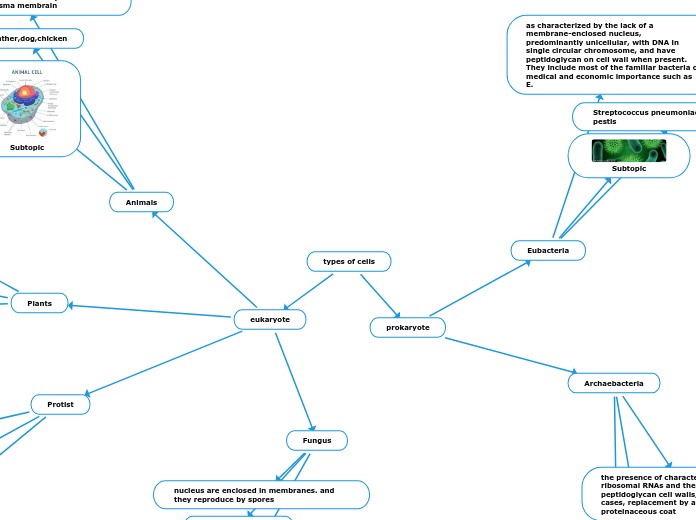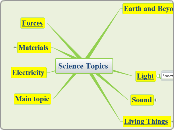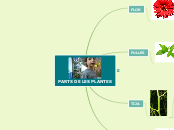door Zachary Deck 4 jaren geleden
222
types of cells
Cells can be categorized into two main types: eukaryotes and prokaryotes. Eukaryotic cells include those found in plants, animals, protists, and fungi. Plant cells have a cell wall and chloroplasts, which are crucial for photosynthesis.









